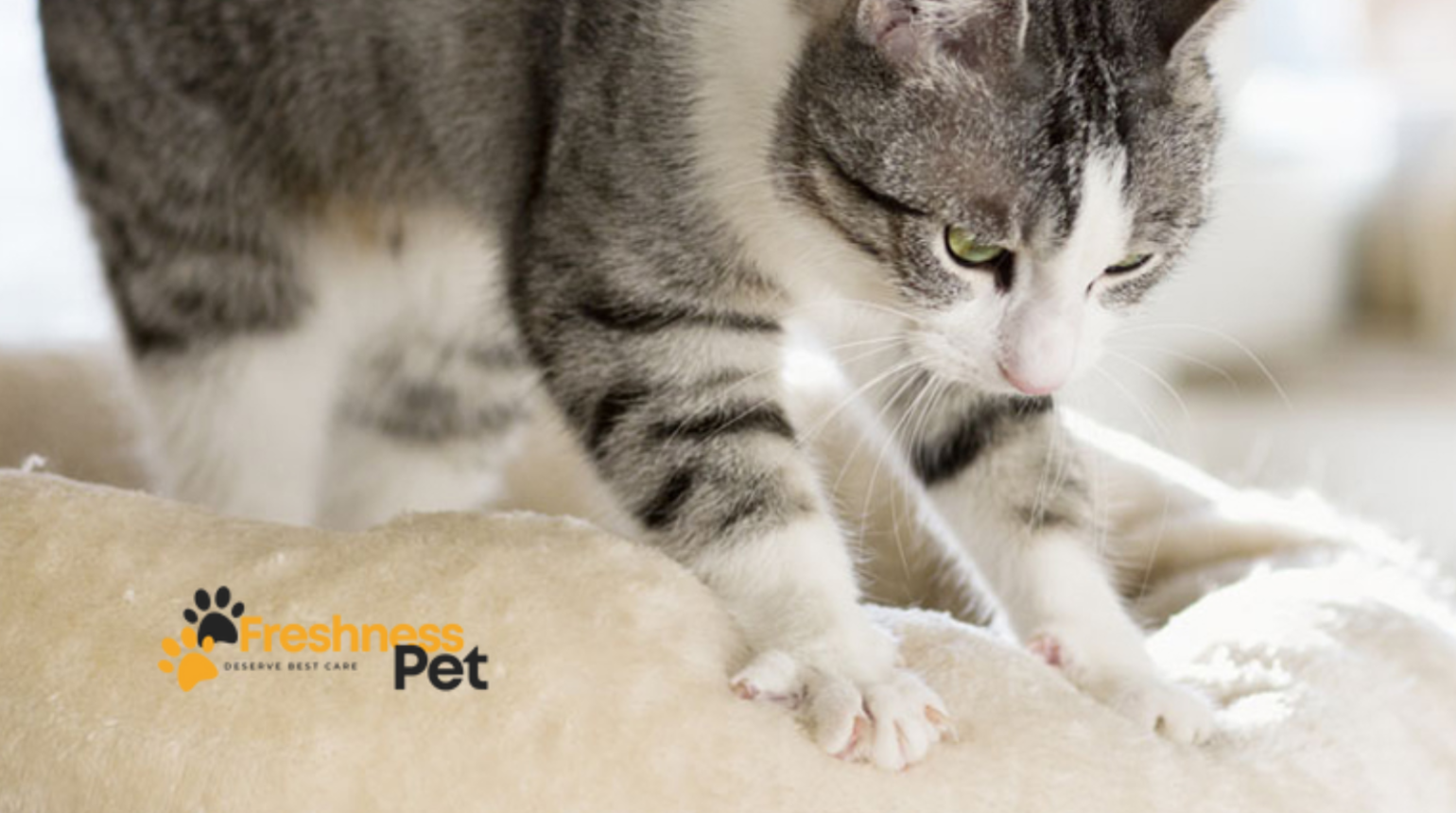Cats are amazing companions, full of love, playfulness, and sometimes a little mischief! But one question all cat lovers ask is, “How long do cats live?” The answer depends on various factors, from their breed to how well you care for them. Don’t worry—this guide will cover everything you need to know about cat lifespans and how you can help your feline friend live a long, happy life.
Average Lifespan of Cats
The average lifespan of a cat is 13-17 years, but many cats live much longer with proper care. Some cats even live into their 20s! In fact, the oldest cat on record, Creme Puff, lived an incredible 38 years!
Several factors affect how long a cat might live:
- Nutrition
- Lifestyle
- Preventive Care
- Breed and Genetics
Lifespan by Cat Breed
Different cat breeds have different lifespans. Here’s a quick chart to show how long popular breeds tend to live:
| Cat Breed | Average Lifespan |
| Maine Coon | 10-13 years |
| Persian | 12-17 years |
| Siamese | 15-20 years |
| Ragdoll | 12-15 years |
| Mixed Breed (Domestic Shorthair/Longhair) | 14-18 years |
Fun Fact:
Mixed-breed cats often live longer because they’re less likely to inherit certain genetic illnesses.
Indoor vs. Outdoor Cats: Which Lives Longer?
Indoor cats generally live much longer than outdoor cats. Why? Because outdoor cats face more dangers, such as:
- Infectious Diseases from other animals
- Cars and Predators
- Parasites like fleas and ticks
While indoor cats can live up to 15-20 years, outdoor cats often only live 5-7 years.
How to Safely Give Your Cat Outdoor Time:
- Use a secure outdoor “catio” (cat patio).
- Train your cat to walk on a leash.
- Supervise them during outdoor play.
Life Stages of Cats
Just like us, cats go through different life stages, each with its own needs.
1. Kitten (Birth to 1 Year)
Kittens are all about playing, learning, and growing. At this stage, they need:
- A High-Calorie Diet: Look for food labeled “complete nutrition for growing kittens.”
- Vaccines: Protect your kitten from diseases with core vaccines like FVRCP, rabies, and FeLV.
- Socialization and Play: Teach them good habits early on.
Spaying or neutering your kitten at 6-12 months can also help prevent certain health problems and unwanted behaviors.
2. Young Adult (1-6 Years)
Your cat is now fully grown and very active! To keep them healthy:
- Switch to adult cat food to prevent weight gain.
- Take them for yearly vet checkups.
- Watch for illnesses like asthma or urinary issues, which can appear during this stage.
3. Mature Adult (6-10 Years)
As cats grow older, they may become less playful and more relaxed. Be on the lookout for:
- Weight Changes: Obesity or sudden weight loss can signal health problems.
- Litter Box Issues: Changes in behavior might mean arthritis or kidney issues.
- Dental Health: Consider professional cleanings or brush their teeth at home.
4. Senior (10+ Years)
Senior cats need extra love and attention. They might slow down and develop age-related issues like arthritis or kidney problems. Here’s how you can help them:
- Take them for vet visits every 6 months to monitor organ health.
- Offer softer bedding for their joints.
- Monitor for changes in their behavior, like increased meowing or difficulty jumping.
Tips to Help Your Cat Live Longer
While we can’t stop time, there are plenty of ways to keep your cat healthy and happy for as long as possible:
1. Feed Them Well
Nutrition is key to a long life. Make sure your cat eats:
- A balanced diet suitable for their age and health.
- Foods rich in Omega-3 fatty acids to support their heart and joints.
- Plenty of water to prevent dehydration and urinary issues.
2. Keep Them Active
Exercise keeps your cat’s body and mind sharp. Try:
- Laser toys, feather wands, or treat puzzles.
- Climbing trees or scratching posts for mental stimulation.
3. Stay on Top of Vet Care
Cats are experts at hiding pain. Regular checkups can catch problems early.
- Schedule annual checkups for young cats and biannual visits for seniors.
- Ask for routine blood work to monitor their kidneys, liver, and thyroid.
4. Prevent Obesity
Overweight cats face health issues like diabetes and arthritis. Keep them fit by:
- Meal feeding instead of free feeding.
- Monitoring their weight and adjusting portions as needed.
5. Create a Stress-Free Environment
Cats thrive in peaceful homes. Reduce stress by:
- Providing cozy hiding spots and safe spaces.
- Using calming aids like a Feliway diffuser.
- Keeping their litter box clean and in a quiet area.
Advanced Care Options
Holistic Treatments
Some pet parents explore alternative treatments like:
- Acupuncture for pain relief.
- CBD oil for anxiety and arthritis.
Supplements for Seniors
Senior cats can benefit from supplements like:
- Glucosamine for joint health.
- Probiotics for better digestion.
Dealing with the End of Life
No one likes to think about saying goodbye, but it’s important to be prepared. Senior cats may develop conditions that affect their quality of life, like chronic pain or organ failure. Work with your vet to:
- Create a pain management plan.
- Decide when it’s time for hospice care or humane euthanasia.
Grieving the loss of a cat is natural. Remember the joy and love they brought to your life, and give yourself time to heal.
FAQs About Cat Lifespan
How Do I Know If My Cat Is Aging?
Look for signs like weight loss, less grooming, or changes in activity.
Can Indoor Cats Live Longer Than 20 Years?
Yes! With excellent care, many indoor cats live into their 20s.
What Are the Most Common Health Issues in Older Cats?
Arthritis, kidney disease, and dental problems are common in senior cats.
Final Thoughts
Cats may not live forever, but with proper care, they can live long, healthy, and happy lives. Whether you have a playful kitten or a wise senior, every stage of your cat’s life is precious. By providing good nutrition, regular vet visits, and lots of love, you can help your furry friend thrive for many years to come.
Start today—your cat will thank you with purrs and snuggles for a lifetime!



